Project 2022-2023
Team: Academia de Ciencias SIMES Internacional - Artificial Intelligence in BL4S.
Artifical Data generation with Monte Carlo methods for the training of CNNs.
Project 2021-2022
Team: Academia de Ciencias SIMES Internacional - Graphene Detector N°3.
Low-cost graphene detectors for studying electron beams and positrons / N°3
Academia de Ciencias SIMES Internacional - Graphene Detector
Low-cost graphene detectors for studying electron beams and positrons.
Since graphene was first isolated in 2004, it has amazed the scientific community around the world due to its outstanding optical, electrical, thermal, and mechanical properties. All these characteristics make graphene a great candidate for new technologies and applications in various fields, being one of them, sensing and detection.
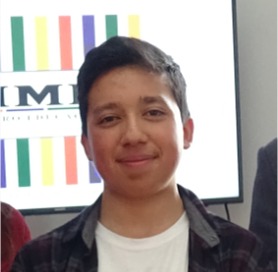
ALBERTO OSORIO
Team Leader

Antonia Estévez
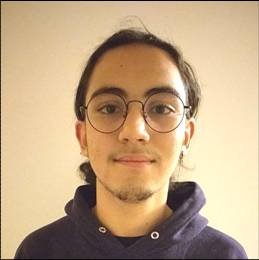
José Rodríguez

Joaquín Millar
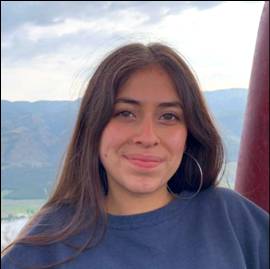
Matilde Gaete
SIMES® Science Academy International Team 2020
Graphene-Based Sensors for Electrons Detection.
Graphene is known as the strongest thinnest material. It also has unique electrical properties due to the low resistivity of this material. The SIMES® Science Academy International Team has been researching about graphene and its applications in particle physics experiments, proposing an experimental low-cost electrons detector based on graphene field-effect transistors.
Winning the Beamline for Schools competition gives us the possibility to build a set of different boards to be tested in the Deutsches Elektronen-Synchrotron with CERN and DESY experts. The results and designs will be publicly released on GitHub under an MIT License. Anyone can modify, reuse, and share the papers and designs.
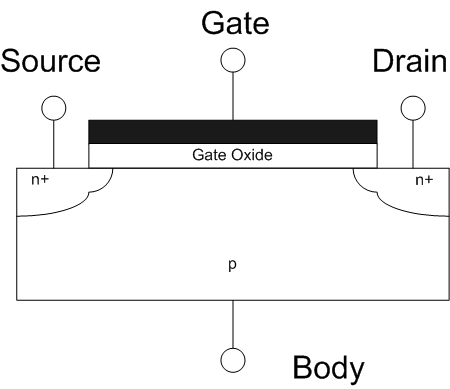
FET cross section
GFETS and what we propose
Field-effect transistors are widely used electronic components, there are different types of FETs like MOSFETs and JFETs. But there is a new type of FET named GFET (graphene field-effect transistor). For research, the majority of papers are focused on the use of GFETs as biosensors, but our team wants to determine if graphene can be suitable for the creation of particles detectors. A GFET can be very small, therefore we proposed the use of CVD graphene samples adapted as GFETs.
The data can be compared with scintillators on a real particle accelerator using high energy accelerated electrons.
Project Timeline

In one month, the team grew from three members to six, with members from Chile, China and Turkey.

The team began to learn more about graphene and its characteristics, particle physics, and the working principle of particle accelerators and particle detectors.
The team started with a draft and received feedback from experts.
The proposal was improved and extended.
The proposal was completed.
A complete experiment proposal was submitted and reviewed in the following month by CERN judges of the Beamline for Schools competition.
The SIMES Science Academy International Team was chosen as one of the twenty-three shortlisted teams in the competition.
"It is great to be part of a particle physics competition from CERN. I can learn more every day and at the same time I can work with other people with the same mission"
Manu Pardo, principal investigator.
Our Team
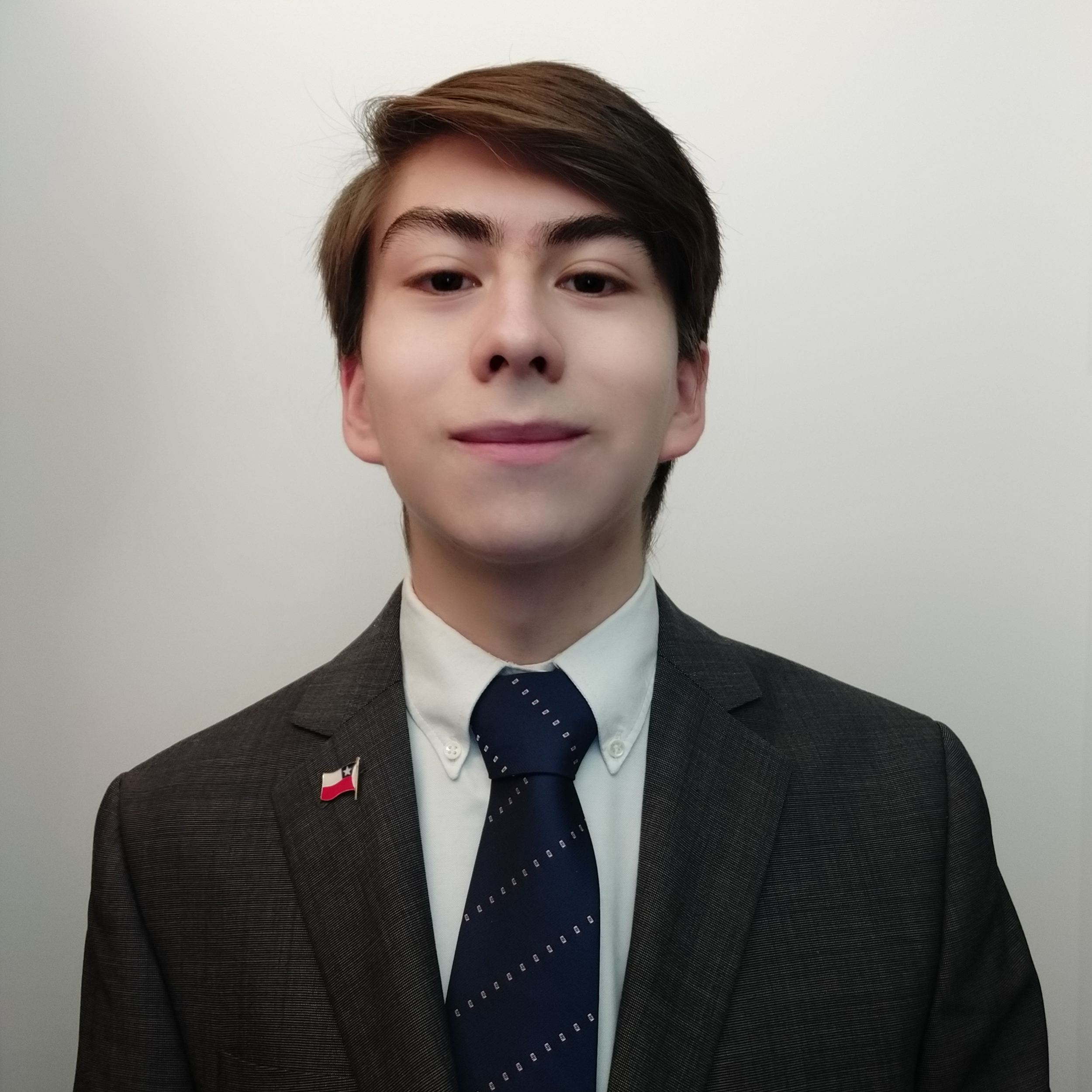
Manu Pardo
SIMES - CHILE
SIMES Aerospace Development and Research Group chief. Manu has experience in Aerospace, quantum computing and particle physics. Awarded with the University of Santiago Science Fair 2018 1st place and NASA Space Apps Challenge Santiago 2019. He has recently been selected to travel to the U.S. Space Camp as part of Astronaut Al Worden Endeavor Scholarship. He wants to study Aerospace Engineering in the United States.

ALBERTO OSORIO
SIMES - CHILE
Alberto Osorio is an active student at the SIMES science academy, with a broad interest in particle physics and computer science. He has participated in local fairs in his country of origin (Chile) and others at an international level under the tutelage of the academy, these of varied topics such as biotechnology, artificial intelligence and blockchain.

Juan Fica
simes - Chile
Juan Fica has knowledge in the field of chemistry and particle physics. He has participated in different activities such as the Scientific Fair of the University of Santiago and others in Chile. He is interested in studying engineering abroad.
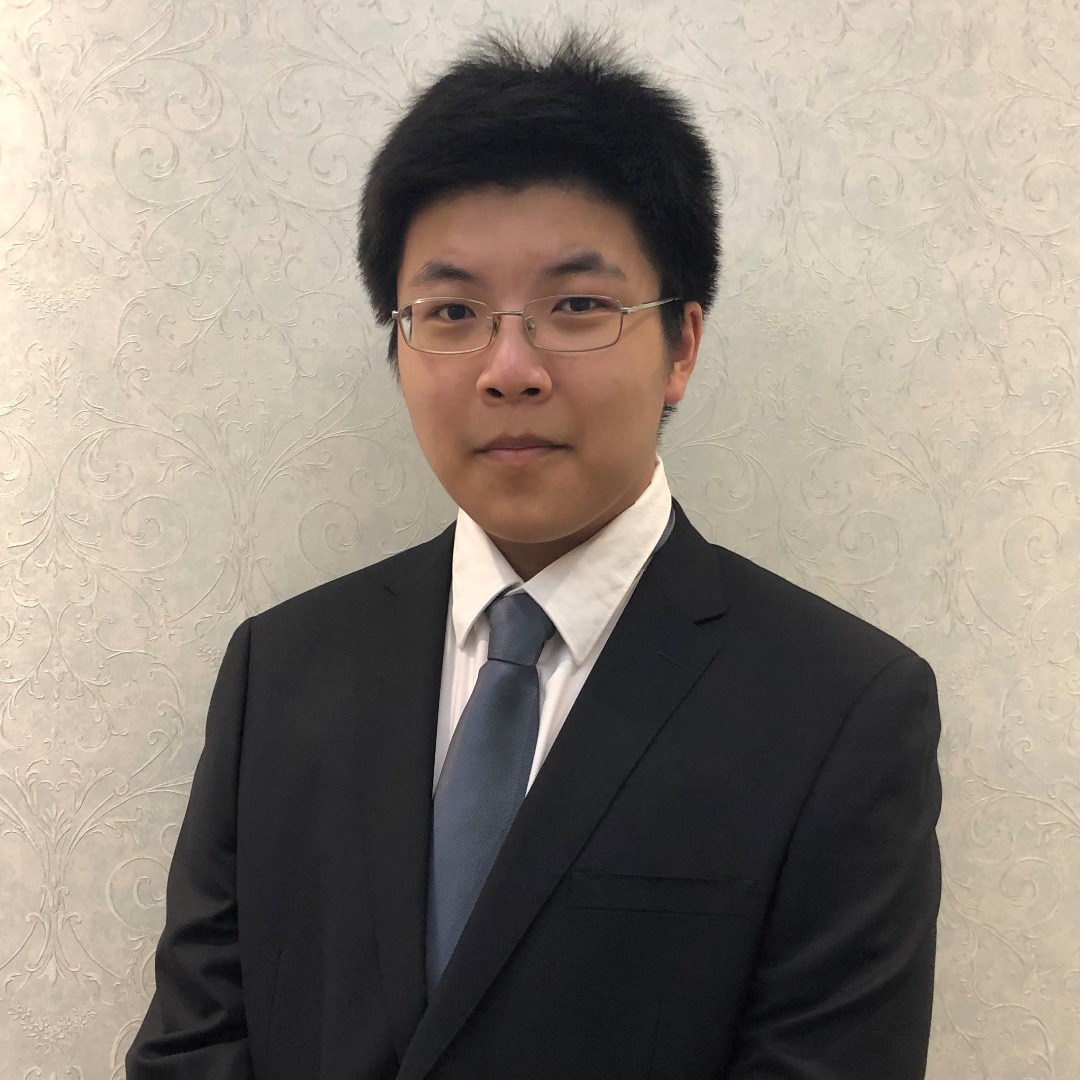
Jiachun Xi
BEIJING NATIONAL DAY SCHOOL - CHINA
Jiachun Xi (James Xavier) is a student from Beijing National Day School. He plans to study theoretical physics in university and has a particular interest in particle physics and the general theory of relativity. He has participated in several physics-oriented competitions, including last year’s edition of BL4S. He achieved bronze prizes in the British Physics Olympiad and the AS Challenge, and a National Top 10% in the Physics Bowl.

Yuyao Wang
BEIJING NATIONAL DAY SCHOOL - CHINA
Wang Yuyao has advanced knowledge in the mathematics area. She has participated in the Waterloo University Euclid Contest 2019 being on the top 25% of contestants, Silver medal in the Canadian Open Mathematics Challenge 2019 (National Ranking), Bronze medal in the British Physics Olympiad Competition Round 2019-2020 and IMMC 2019 Finalist. Interested in traveling, music and swimming. She will study mathematics and economics.
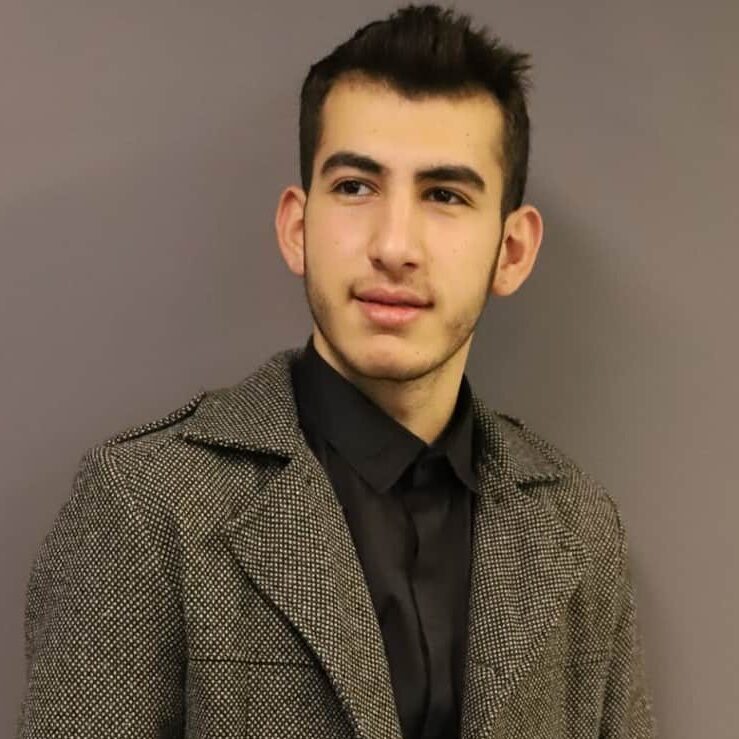
Markus Acar
Mardin Science High School - Turkey
He is an entrepreneur who has stepped into the aerospace industry after taking part in science-technology projects and research, including social projects, by taking advantage of technology. With an interest in physics, technology and artificial intelligence, Markus aims to implement his work on space applications. He was accepted at McMaster University (Canada) to study Computer science.
SIMES® in the Media
- Haber Global - The great success of Markus from Mardin to CERN
- Webtekno - High School Student from Mardin Finals at CERN's Competition
- Hurriyet Daily News - Turkish-Syriac student makes it to finals at CERN with team
- Haber Turk - The great success of the young Mardin from CERN
- Yenicag Gazetesi - Markus from Mardin speaks to the finals at the competition of the European Nuclear Research Center
- NTV - At the door of the young CERN from Mardin
- DHA - The great success of the young Mardin from CERN
